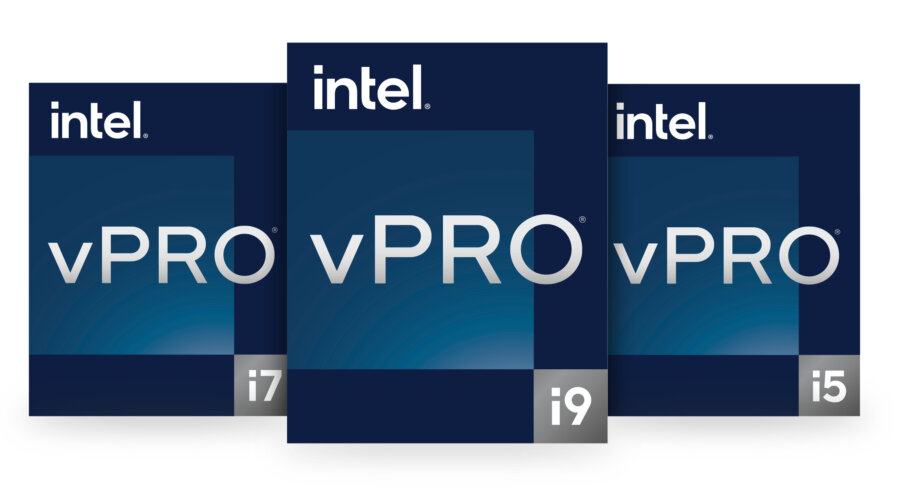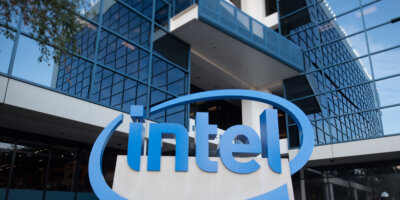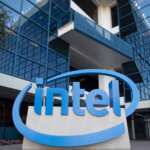
Intel puts security at the center of its latest 13th Gen Core vPro PlatformSource: Intel
Intel puts security at the center of its latest 13th Gen Core vPro Platform
- Intel rolled out the latest version of its business-focused vPro PC hardware platform, emphasizing security, energy efficiency, and performance.
- The vPro platform provides critical threat prevention with dozens of security capabilities built deep into the silicon – helping reduce the attack surface by an estimated 70% compared to 4-year-old PCs.
Chip giant Intel Corp. has rolled out a new version of its business-focused vPro personal computer hardware platform this week – and the company claims it is also the first to have incorporated threat detection into hardware. Combined with endpoint detection and response (EDR) platforms from Intel partners, the new vPro processors promise a 70% reduction in attack surface compared to four-year-old PCs.
The platform is built for business with an emphasis on security, energy efficiency, and performance. Windows 11 systems can use vPro’s memory encryption for better virtualization-based security. In a statement today, Intel shared that customers will also have more choices with endpoint detection and response (EDR) vendors enabled with Intel Threat Detection Technology, bringing higher efficacy detection of the latest threats.
“This integrated, business-class PC platform offers an exciting set of hardware-based features. These range from remote management capabilities to Wi-Fi 6 to long battery life. But the platform is greater than the sum of its parts. It was designed to deliver business benefits across four major areas of computing: performance, security, manageability, and stability,” Intel’s statement reads.
Essentially, Intel worked closely with Microsoft on virtualization-based security within the Windows environment and with CrowdStrike Holdings Inc. to improve the efficacy of Intel Threat Detection technology, particularly against ransomware and software supply chain attacks. The company claims its latest technology is 93% effective in detecting ransomware and can also detect many types of zero-day attacks that have never been seen before.
Quoting a recent report from IDC, the statement also noted that Intel-based Windows PCs have a 26% lower risk of major PC-related security events compared to other Windows PCs. It’s worth noting, however, that Intel commissioned the studies, so they should be taken with a grain of salt.
Other performance improvements for Intel vPro designs with 13th Gen Intel Core include up to 65% faster Windows application performance compared to a three-year-old desktop PC and up to 45% more rapid content creation. Compared to a current AMD desktop, multitasking is up to 2.3 times faster than Windows application performance on a three-year-old mobile PC.
Compared with the current AMD notebook, Intel vPro designs with 13th Gen Intel Core provide up to 40% faster Windows application performance. It also offer up to 25% speedier business application performance compared to the Apple M2 and up to 58% faster report generation while collaborating than a current AMD notebook.
As for edge application developers, 13th Gen Intel Core processors on Intel vPro platforms provide edge processing performance, remote device manageability, powerful security tools, and higher capabilities to unleash the power of their data. “They are ideal for applications in retail, banking, hospitality, education, healthcare, manufacturing, and others,” Intel said.
READ MORE
- Data Strategies That Dictate Legacy Overhaul Methods for Established Banks
- Securing Data: A Guide to Navigating Australian Privacy Regulations
- Ethical Threads: Transforming Fashion with Trust and Transparency
- Top 5 Drivers Shaping IT Budgets This Financial Year
- Beyond Connectivity: How Wireless Site Surveys Enhance Tomorrow’s Business Network


